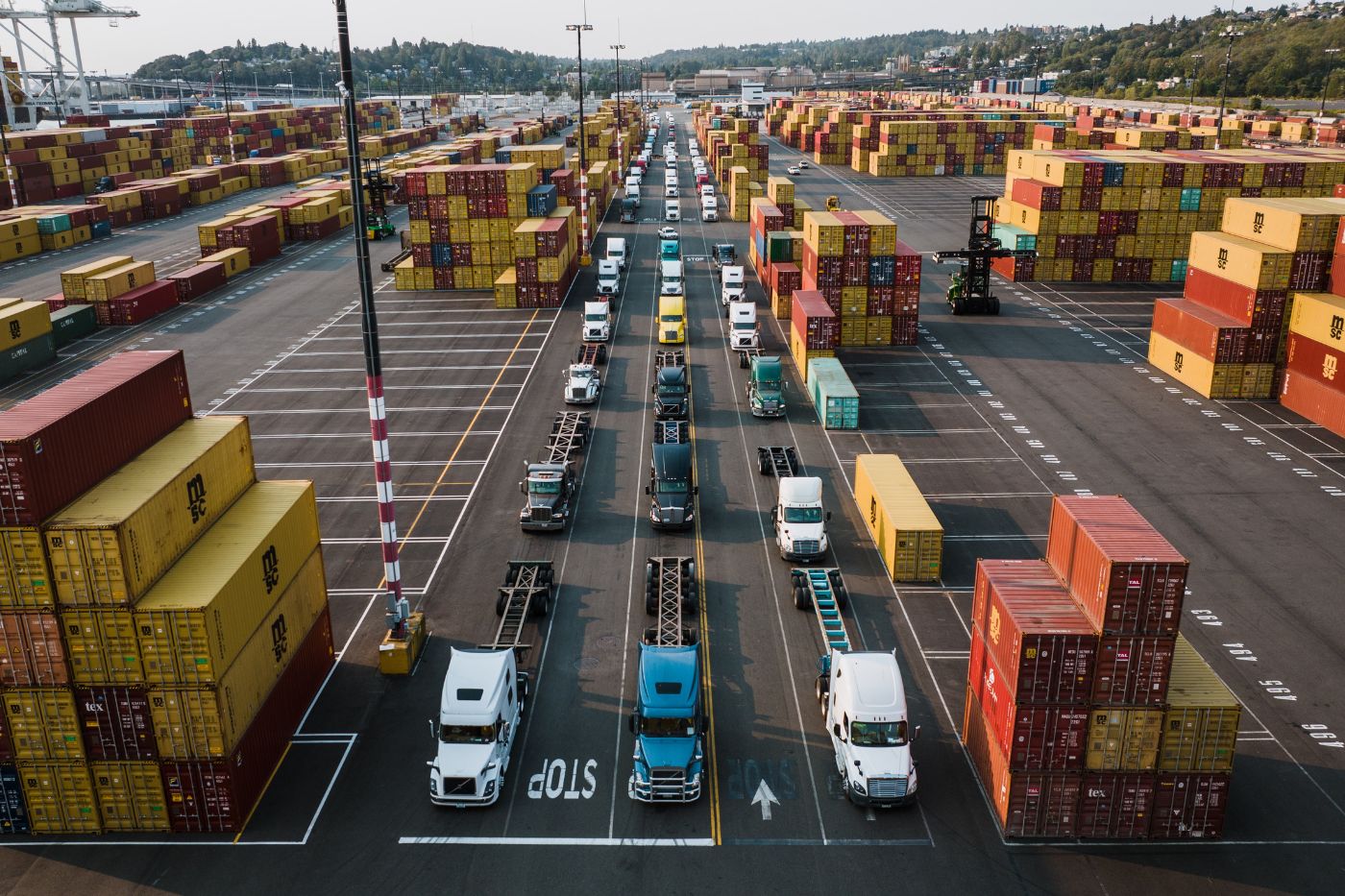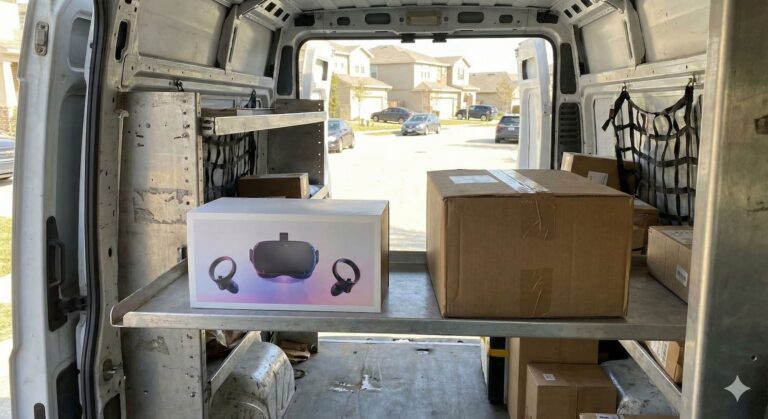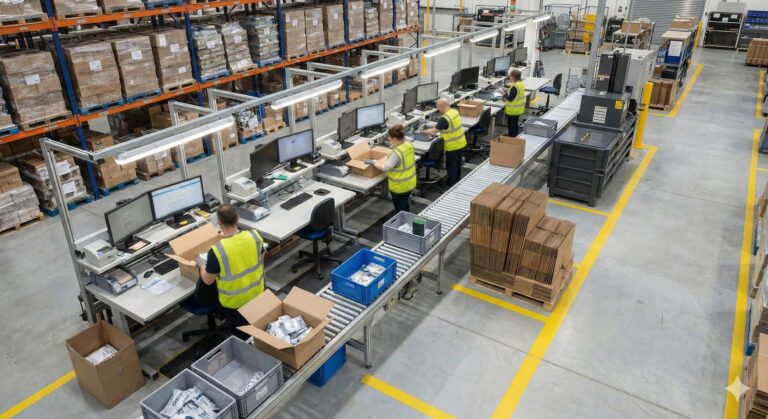The logistics industry serves as the backbone of global trade and commerce, facilitating the movement of goods and materials across vast distances. Within this industry, businesses often rely on third-party logistics (3PL) providers and freight forwarders to streamline their supply chain operations and ensure efficient delivery of goods.
As businesses strive to optimize their supply chains and enhance their operational efficiency, the choice between engaging a 3PL provider or a freight forwarder becomes crucial. While both offer valuable services, understanding their fundamental differences is essential for making informed decisions that can positively impact your company’s bottom line.
In this article, we will delve into the world of logistics and explore the key differences between 3PL providers and freight forwarders. We will aim to shed light on the distinctive roles each of these entities play in the logistics landscape and help you determine which one best aligns with the unique needs of your business.
Key Differences: 3PL vs Freight Forwarder
Understanding the key differences between 3PL providers and freight forwarders is essential for businesses to determine which logistics solution aligns best with their requirements.
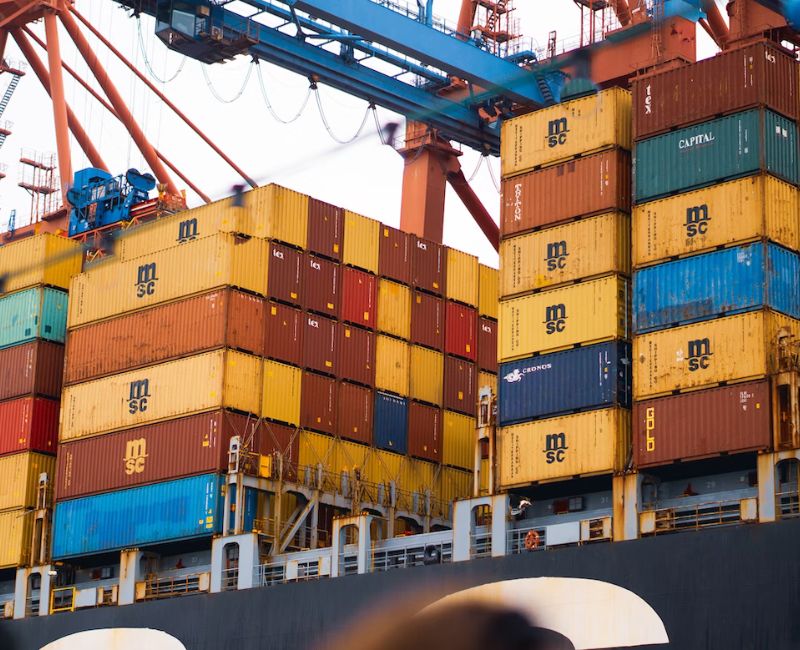
Focus and specialization
3PL: typically focus on managing various aspects of the supply chain, including warehousing, transportation, and inventory management. They offer a comprehensive range of logistics services to cater to the diverse needs of businesses across different industries.
Freight Forwarders: specialize in facilitating the transportation of goods from one location to another. Their expertise lies in coordinating shipments, selecting transportation modes, and navigating customs regulations. They excel in managing the logistical intricacies involved in international trade.
Scope of services
3PL: offer a broader range of services beyond transportation. They may handle warehousing, order fulfillment, inventory management, and value-added services such as labeling, kitting, or customization. Their goal is to optimize the overall supply chain operations and enhance operational efficiency for businesses.
Freight Forwarders: primarily focus on transportation-related services. They specialize in carrier selection, freight consolidation, customs clearance, and documentation preparation. Their primary objective is to ensure the smooth and timely movement of goods from one point to another.
Contractual relationships
3PL: usually enter into long-term contractual relationships with businesses. These contracts outline the scope of services, performance metrics, and pricing structures. The relationship is more comprehensive and involves the 3PL provider taking on a significant portion of the logistics responsibilities for the client.
Freight Forwarders: typically engage in transactional relationships with businesses. They are often hired on a per-shipment basis, and their involvement may be limited to specific aspects of the logistics process, such as transportation coordination or customs clearance. The engagement is more project-based and tailored to the specific needs of each shipment.
Understanding 3PLs (Third-Party Logistics)
When it comes to managing the intricate web of logistics operations, many businesses turn to third-party logistics (3PL) providers. A 3PL provider is an external company that offers a range of logistics services to assist businesses in the storage, transportation, and distribution of their products. Acting as an intermediary between the manufacturer or retailer and the end customer, a 3PL provider takes on the responsibility of managing various aspects of the supply chain.
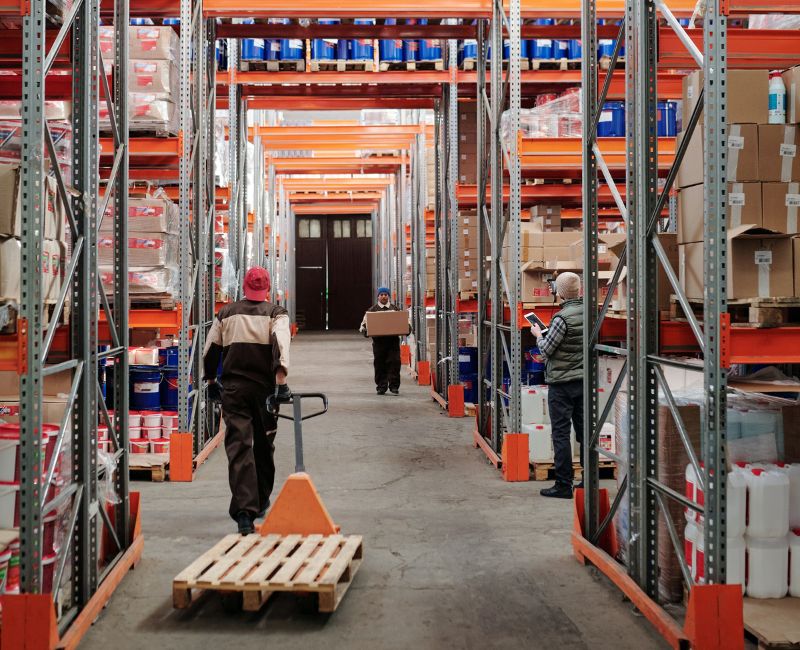
Services offered by 3PL companies
3PL companies offer a diverse range of services to meet the unique needs of businesses. These services may include:
Warehousing and Distribution: 3PL providers maintain warehouses and distribution centers strategically located to enable efficient storage, handling, and distribution of goods. They handle inventory management, order fulfillment, and can even offer value-added services such as labeling, kitting, or product customization.
Transportation: 3PL providers have established networks and expertise in transportation management. They leverage their relationships with carriers to negotiate competitive shipping rates, optimize routes, and ensure timely delivery of goods. This includes managing various transportation modes like road, rail, air, and sea.
Inventory Management: Efficient inventory management is crucial for businesses to minimize costs and meet customer demands. 3PL providers utilize advanced inventory management systems to track stock levels, coordinate replenishment, and implement effective order fulfillment strategies.
Reverse Logistics: Handling product returns and managing the reverse flow of goods is a complex process. 3PL providers can efficiently manage reverse logistics, including product inspection, refurbishment, repackaging, or disposal, ensuring businesses maintain customer satisfaction while optimizing the recovery value of returned items.
Benefits of using a 3PL provider
Engaging a 3PL provider can bring numerous benefits to businesses, enabling them to focus on their core competencies while leveraging the expertise and resources of the logistics partner. Some key benefits of using a 3PL provider include:
Cost Savings and Scalability: 3PL providers offer cost efficiencies by leveraging their expertise and infrastructure. By outsourcing logistics functions, businesses can avoid upfront investments in warehouses, transportation vehicles, and technology systems. Furthermore, 3PL providers offer scalable solutions that can adapt to fluctuations in business demand, allowing businesses to avoid the expenses associated with underutilized resources during slow periods.
Expertise and Industry Knowledge: 3PL providers bring a wealth of industry-specific knowledge and experience to the table. They stay up-to-date with the latest trends, regulations, and best practices in logistics, enabling businesses to benefit from their specialized expertise. This knowledge can lead to improved supply chain visibility, optimized processes, and enhanced customer service.
Technology and Infrastructure: 3PL providers invest in advanced technology systems and infrastructure to streamline logistics operations. From warehouse management systems to transportation management software, these tools provide real-time visibility, accurate inventory tracking, efficient order processing, and comprehensive reporting. In fact, Extensiv reports that the top technology implemented by 3PLs this year was warehouse management systems (WMS), order management, and mobile barcode scanning (Extensiv). Businesses can leverage this technology without the need for substantial investments in their own logistics infrastructure.
Understanding Freight Forwarders
A freight forwarder, also known as a forwarding agent, can play a pivotal role in the logistics network by organizing shipments on behalf of shippers. Freight forwarders do not physically transport goods but act as an intermediary between the shipper and various transportation providers. They facilitate the movement of goods from one location to another by managing the logistical details of the shipment.

Services offered by freight forwarders
Freight forwarders provide a comprehensive range of services aimed at efficiently coordinating shipments and ensuring the smooth transportation of goods. These services may include:
Shipment Planning and Coordination: Freight forwarders have a deep understanding of the intricacies involved in the transportation process. They analyze the shipment requirements, select the most suitable transportation modes (such as sea, air, or ground), and coordinate the logistics to ensure timely and cost-effective delivery.
Carrier Selection and Negotiation: Leveraging their industry expertise and established relationships with shipping companies, freight forwarders can secure favorable rates and terms for transportation. They negotiate contracts on behalf of their clients, helping businesses achieve competitive pricing and reliable service.
Customs Clearance and Documentation: International shipments often involve complex customs regulations and documentation requirements. Freight forwarders possess specialized knowledge in customs procedures, import/export regulations, and documentation preparation. They handle customs clearance processes, ensuring compliance and minimizing the risk of delays or penalties.
Benefits of hiring a freight forwarder
Engaging the services of a freight forwarder can bring significant advantages to businesses with certain needs. Some key benefits of hiring a freight forwarder include:
Negotiating Better Shipping Rates: Freight forwarders, due to the volume of goods they handle, have the leverage to negotiate favorable rates with shipping companies. They can secure competitive pricing and terms that may not be accessible to individual businesses, especially smaller eCommerce companies.
Coordinated Multi-Modal Shipments: Freight forwarders excel in coordinating shipments that require multiple modes of transportation, such as land to sea to land to air. They seamlessly manage the logistics of intermodal transportation, ensuring efficient movement of goods throughout the entire journey.
Comprehensive Knowledge of Transportation: Freight forwarders have extensive familiarity with various transportation modes, including sea, air, and ground. Their broad client base necessitates a deep understanding of moving products for diverse industries worldwide. This expertise enables them to handle any type of product and transport it from anywhere in the world efficiently.
Choosing the Right Logistics Solution for Your Business

When deciding between a freight forwarder and a 3PL provider, consider the long-term goals and requirements of your business. If you’re looking for a transactional relationship for sporadic shipments or require specialized expertise in international trade, a freight forwarder may be suitable. On the other hand, if you need a comprehensive logistics partnership with ongoing support and a focus on the entire fulfillment process, a 3PL provider is likely the better fit.
Ultimately, the choice between a freight forwarder and a 3PL provider depends on the level of support, specialization, and long-term collaboration your business requires to optimize its logistics operations.
By carefully evaluating your business needs and considering the service offerings and capabilities of logistics providers, you can make an informed decision about the right logistics solution for your business. Aim to find a provider that aligns with your specific requirements, has a track record of success in your industry, offers the necessary services, and demonstrates the ability to adapt and grow alongside your business.
Optimize Your Business with Tailored Solutions
Selecting the right logistics solution is of paramount importance for businesses. By choosing the appropriate provider, businesses can experience several benefits, including cost savings, reduced complexities, and enhanced customer satisfaction. Your logistics solution should align with the specific needs and requirements of your business, whether it involves comprehensive supply chain management or focused transportation coordination.
By making an informed decision and selecting the right logistics solution, businesses can streamline their supply chain operations, enhance efficiency, and gain a competitive edge in the marketplace. The right logistics partner can contribute significantly to your business’s success.
In the fast-paced world of commerce, the logistics solution you choose plays a vital role in shaping your business’s success. So, take the time to evaluate your options, understand your business needs, and select the logistics solution that will propel your business forward.
